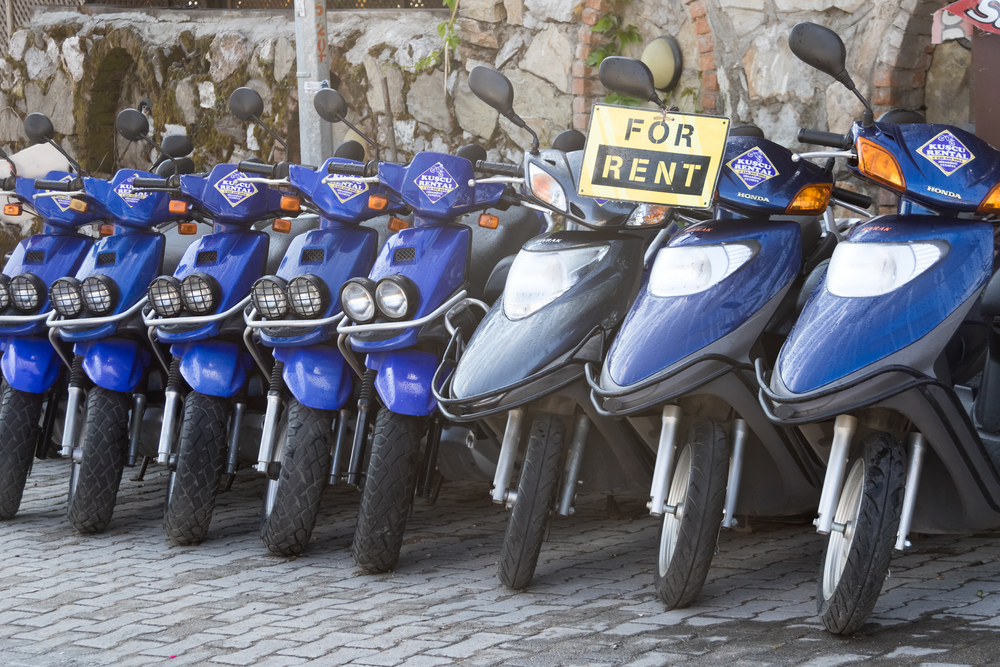Delhi Chief Minister Arvind Kejriwal on October 19 approved the much-awaited ‘Delhi Motor Vehicle Aggregator and Delivery Service Provider Scheme’, which legalizes bike taxis and outlines comprehensive regulation and licensing of app-based aggregators and delivery service providers.

The EV Policy 2.0, sent to Governor VK Saxena for final clearance, aims to promote green and sustainable mobility in the city, while also enhancing the quality of transportation services.
Delhi CM Kejriwal Announces Delhi Motor Vehicle Aggregator and Delivery Service Provider Scheme
Under this scheme, bike taxi aggregators can legally run their operations in Delhi if they are electrically operated. It also states that the entire vehicle fleet of aggregators, delivery service providers, and e-commerce entities in Delhi needs to shift to electric by 2030.
“The Delhi government is committed to taking all possible measures to improve transport services for the people of Delhi while promoting green, sustainable, urban mobility,” said Kejriwal, while announcing the policy.
The policy also entails the induction of 5 percent EVs in fleets run by cab aggregators like Uber and Ola in six months, 50 percent in three years, and the rest 100 percent in five years. The state government is also mandating 100 percent of all cab aggregators and delivery service providers to switch to EVs by the calendar year 2030.
Industry Stakeholders Deem New Service a “significant Step Forward”
Industry stakeholders reckon that Delhi’s move to legalize electric bike taxis and set clear regulations for app-based aggregators and delivery services is a “significant step forward”.
As per Tushar Choudhary, Founder & CEO, of Motovolt Mobility, “Mandating electric bike taxis and setting clear timelines for transitioning commercial fleets to electric vehicles demonstrates exemplary leadership in reducing emissions and improving air quality. This policy marks a significant step towards greenifying Indian roads and provides a clear roadmap for stakeholders to plan and align their strategies. Addressing rider safety is crucial for a safe transition. However, assessing the cost impact on fleet operators and OEMs is essential as this policy evolves.”
Meanwhile, the shares of Indraprastha Gas Limited (IGL) plunged over 4 percent to Rs 459 in afternoon trade on October 19 after the Delhi government’s electric vehicle (EV) policy aimed at accelerating the adoption of EVs.











